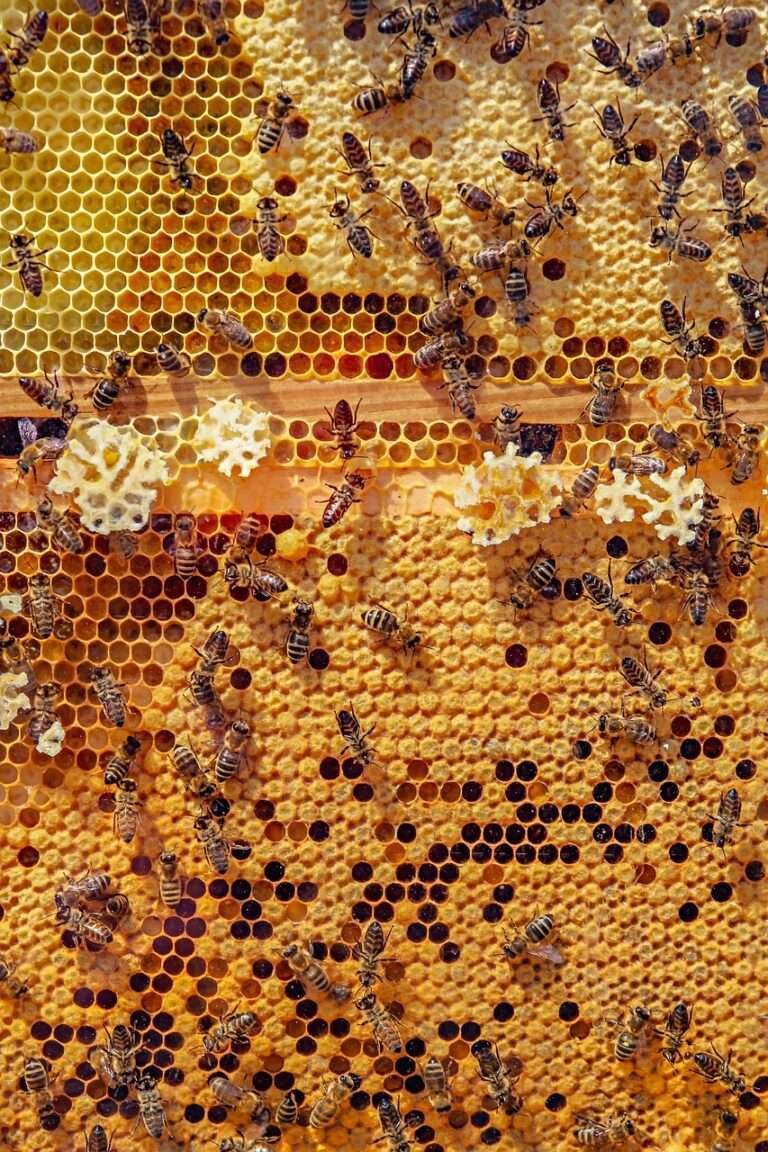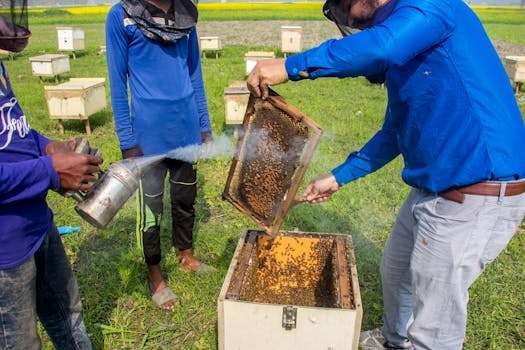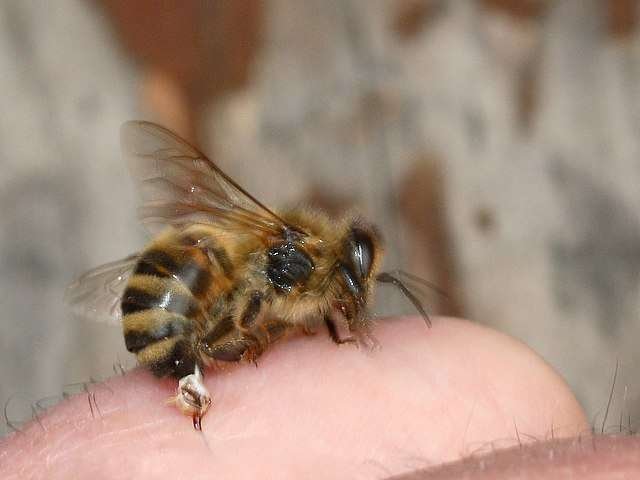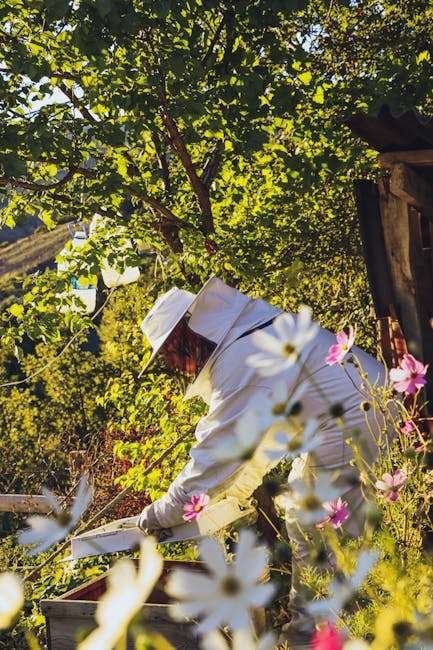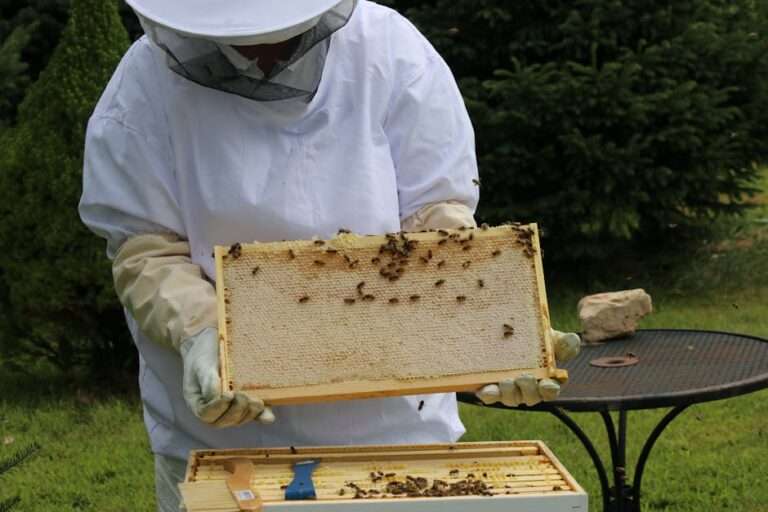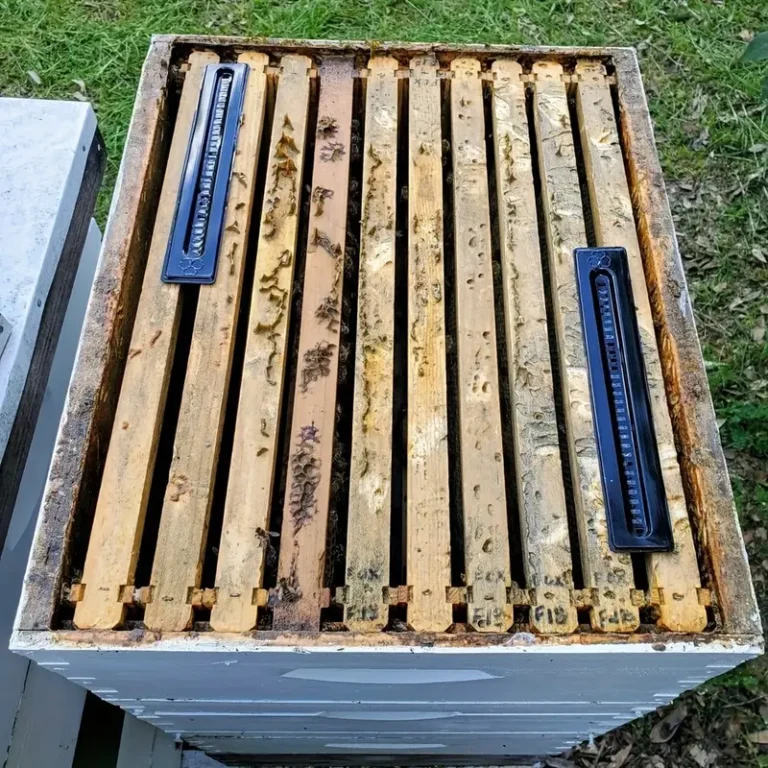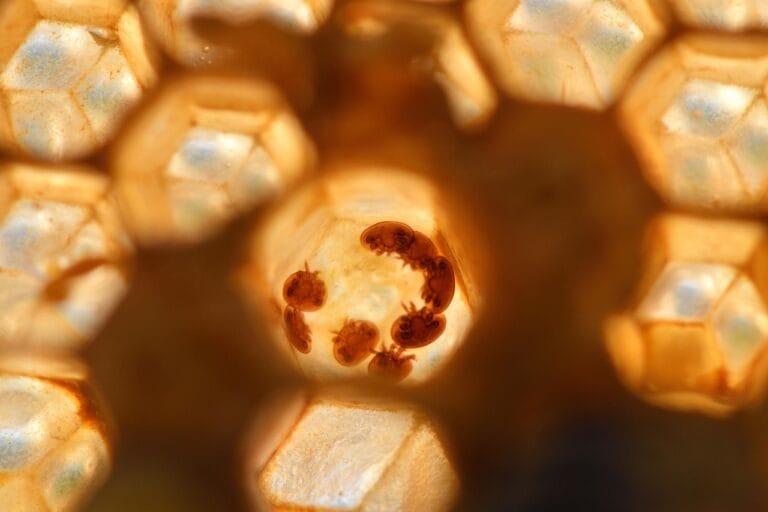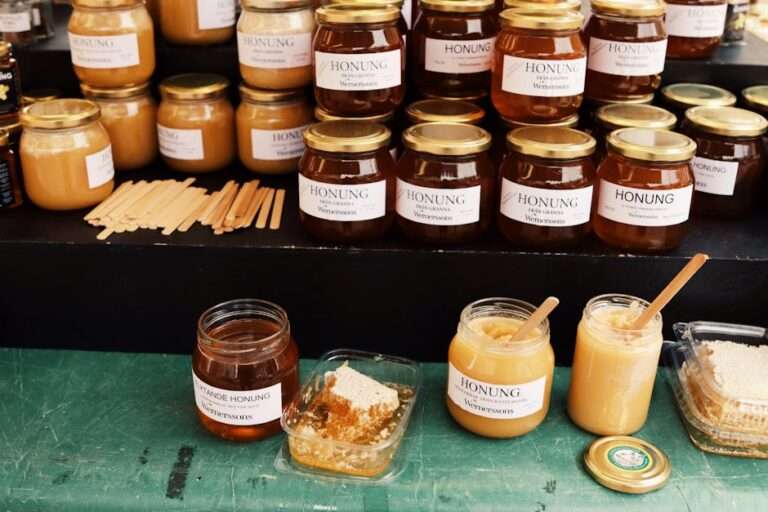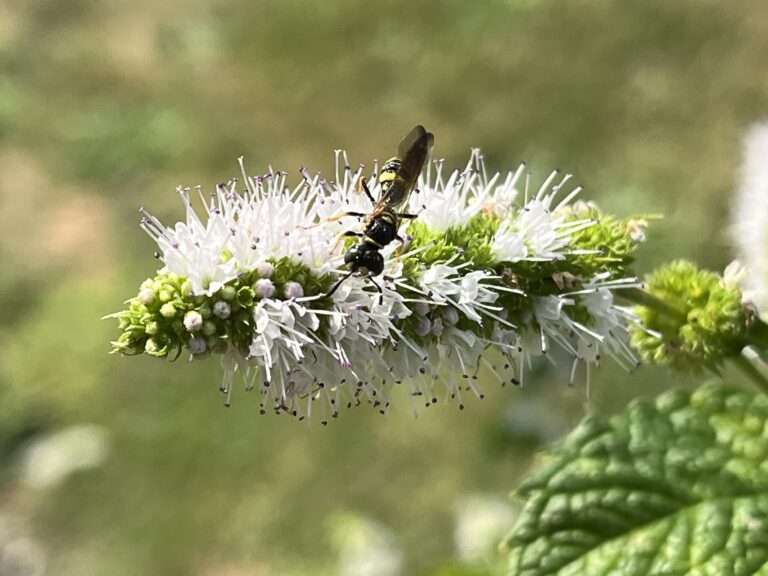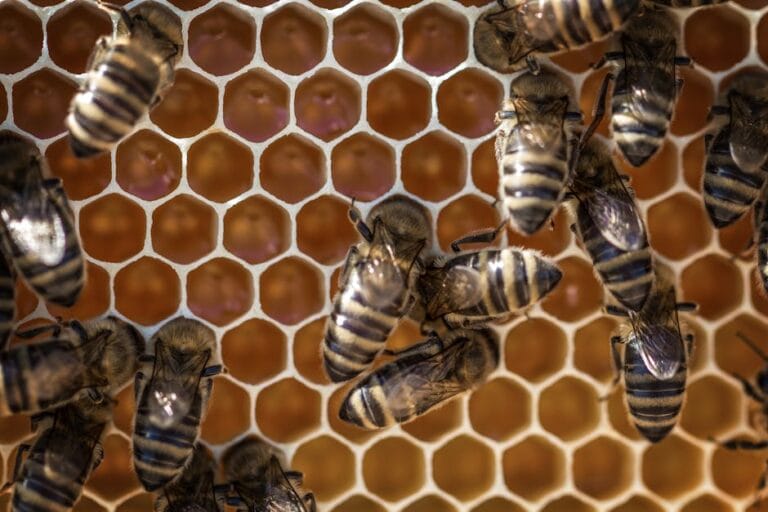Advanced Beekeeping Techniques – An Overview
Advanced beekeeping encompasses a sophisticated range of practices that extend far beyond basic hive management. These techniques represent the cutting edge of apiculture, combining traditional knowledge with modern scientific methods to optimize colony health, productivity, and sustainability. We’ll take a deep look into each of these subject in the near future, but for now here’s […]

